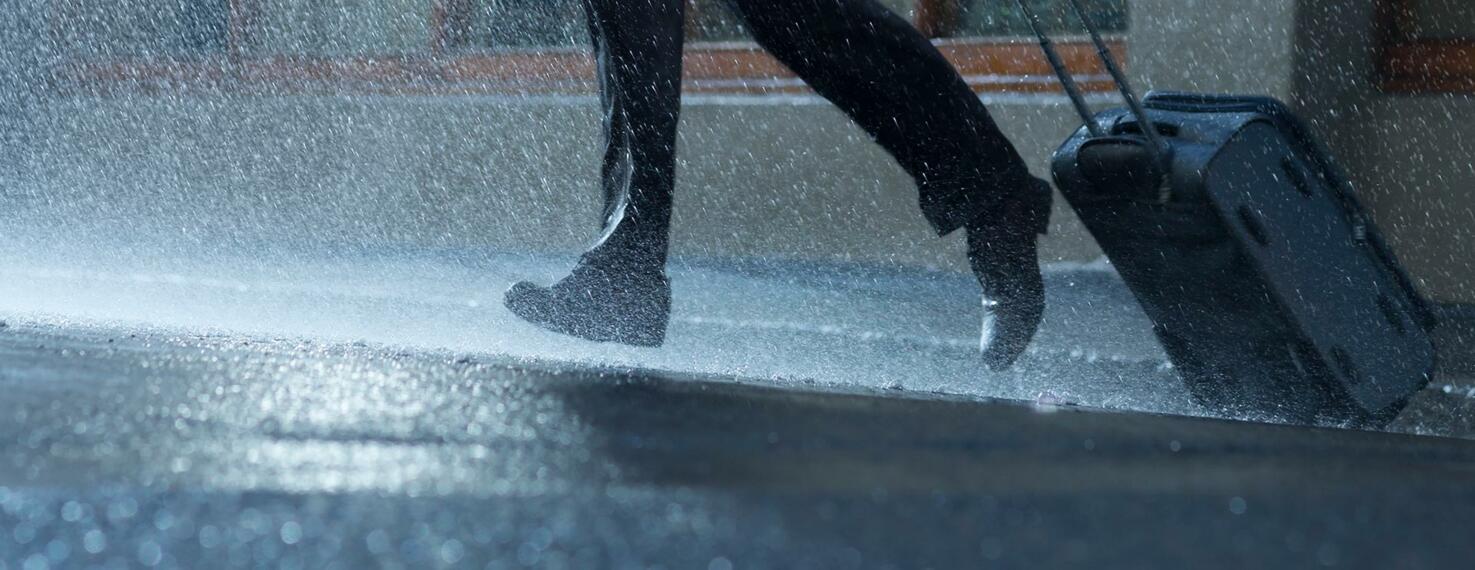
Lexicon: S
Surface treatment for corrosion resistance
Ideally, casters and wheels should be used in a dry environment where they are rarely affected by corrosive influences, if at all. Casters and wheels remain in excellent condition for a long time and their functionality is not impaired. However, mobile devices are often used outdoors or in extreme conditions. In such cases, the corrosion resistance of the casters and wheels becomes important. The surfaces of the individual components – such as the housing, fitting and wheel rims – must be appropriately treated to ensure that they are protected against corrosion.
Good corrosion resistance is achieved by providing the right surface protection. The environment in which the casters or wheels will be used in, is of particular relevance when selecting the right surface finish. For example, the following environments have higher demands with regard to corrosion resistance:
+ Humidity
+ Water
+ Oil and grease
+ Heat and cold
+ Steam-jet cleaning
+ Hot water with alkaline solutions
+ Acids and animal fats
Passivation, electrostatic powder coating and cathodic dip coating are just some of the many possibilities for surface treatment. We find the best surface protection for each set of requirements to ensure the quality and durability of your casters and wheels.
"Stainless steel casters" for strict hygiene regulations
We use stainless steel to produce casters with very good corrosion resistance. This is also how we manufacture our “stainless steel casters”. These are used in applications where particularly strict hygiene regulations apply. These applications include catering equipment and hospital furniture, such as hospital beds. These devices, including the casters, must be disinfected frequently, for which stainless steel is ideal.
Do you have any questions about corrosion resistance or would you like advice on our products to find the right casters and wheels for your application? Contact us – we are there to help you!
